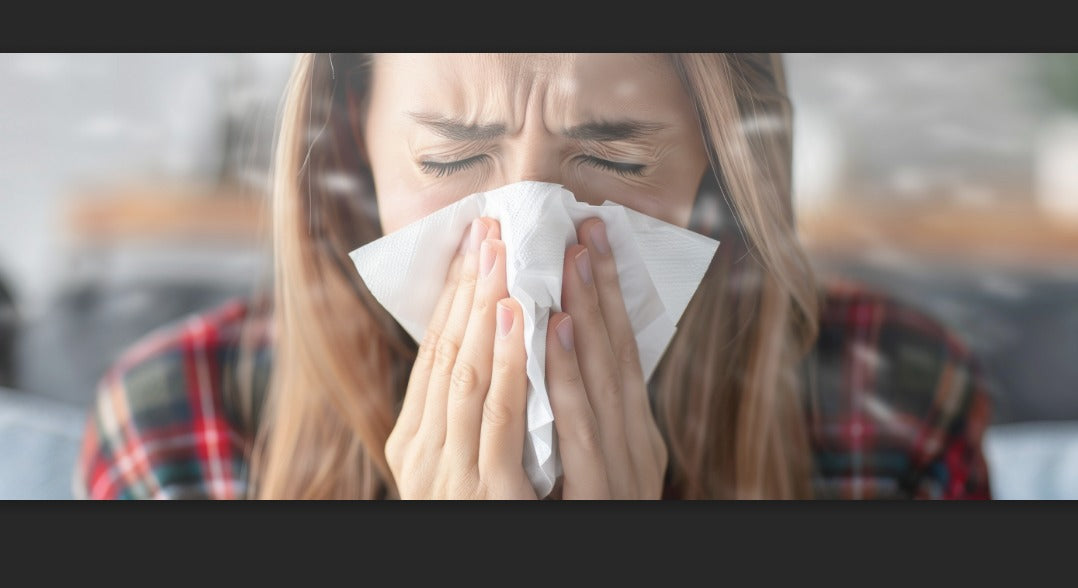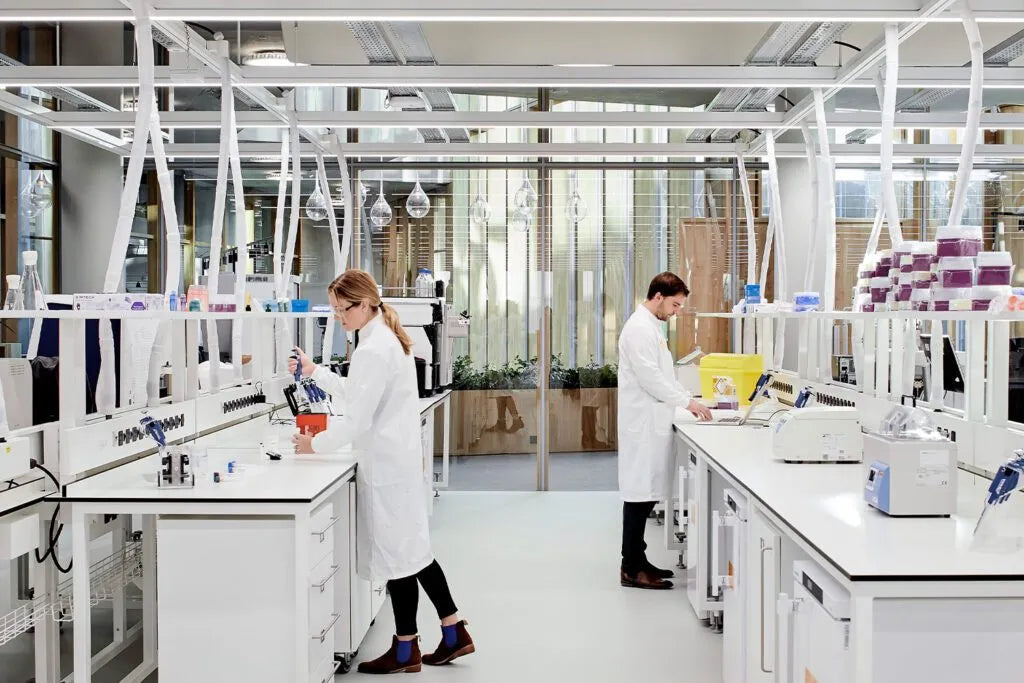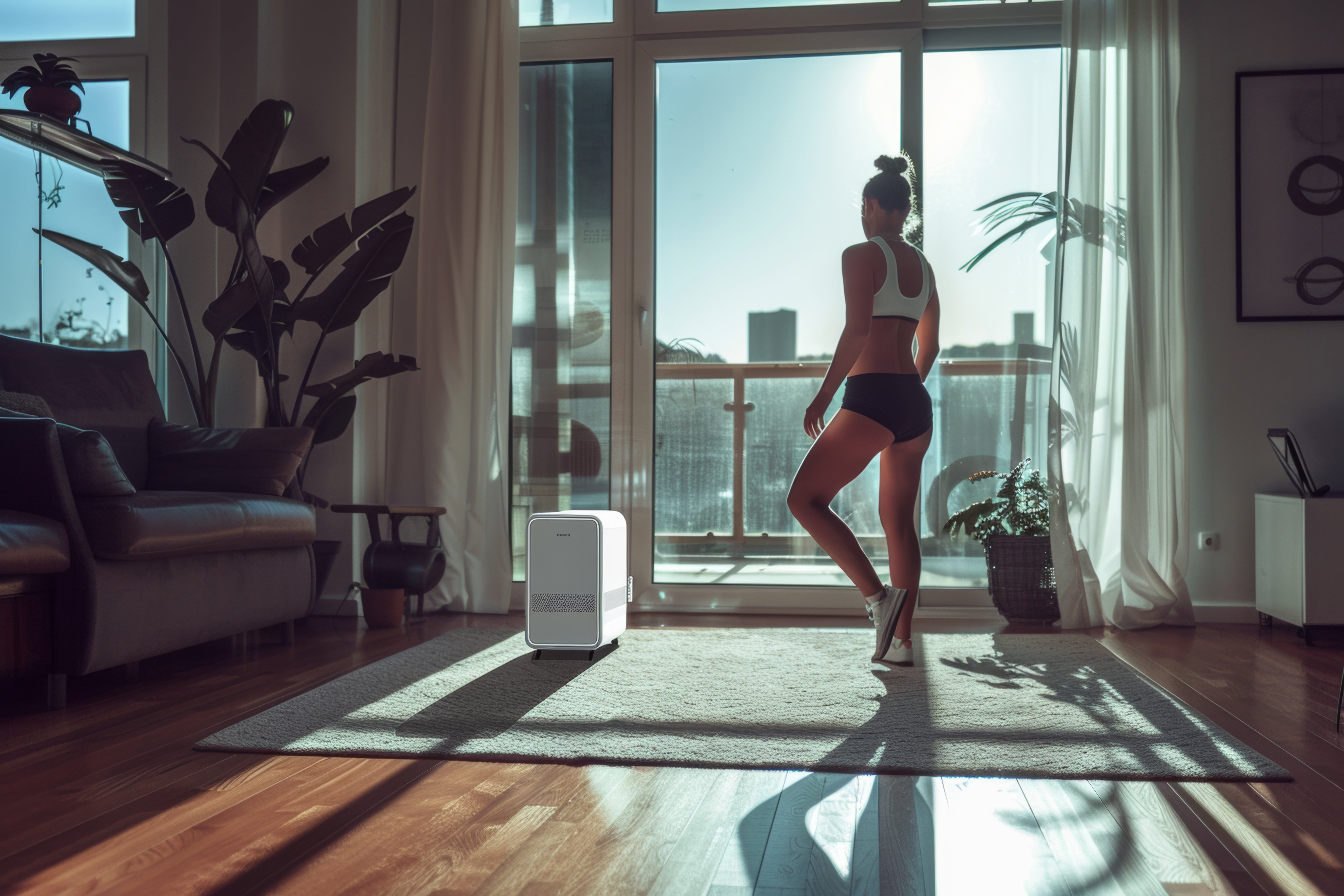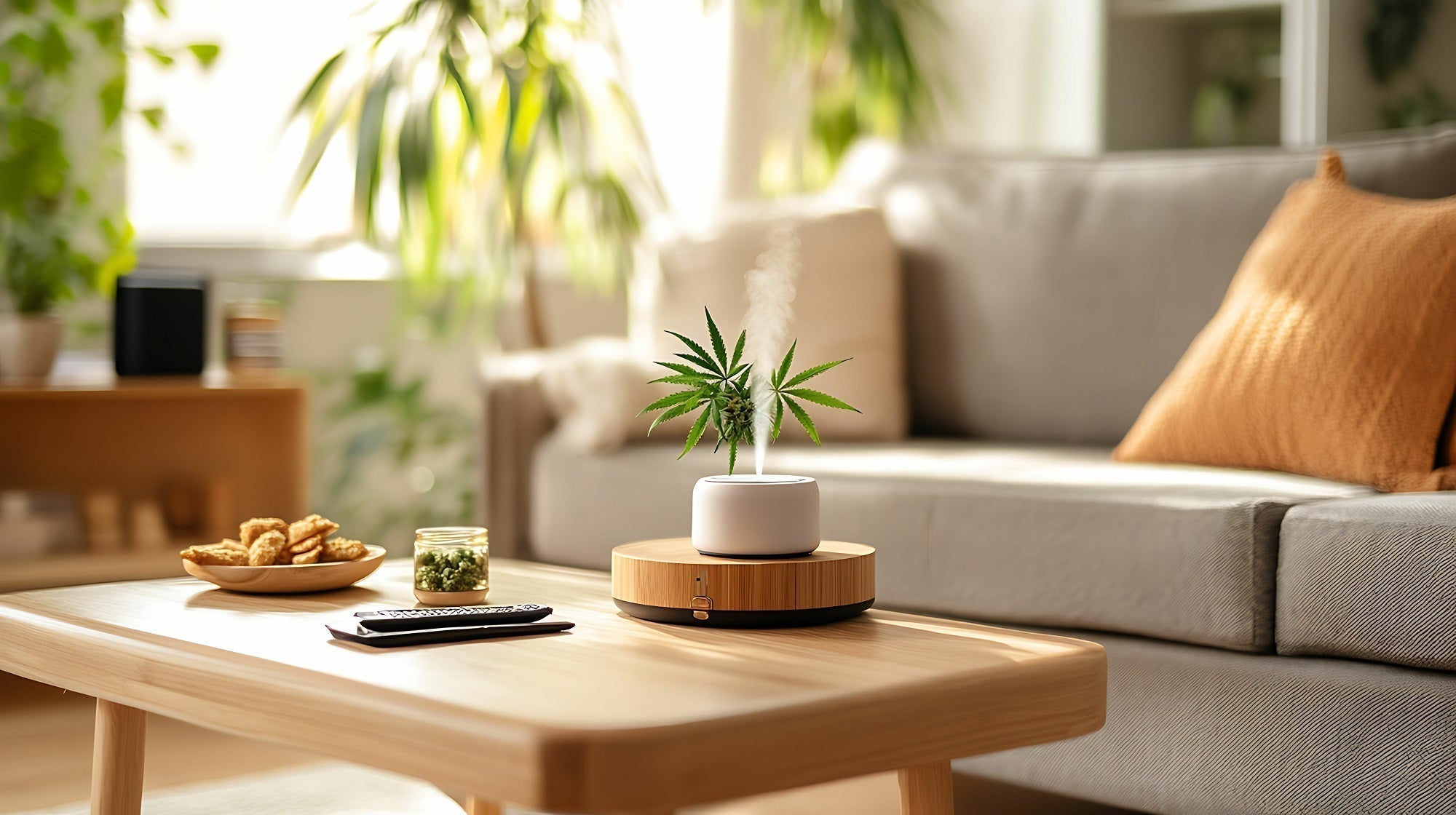Pollen Allergy: How Can We Safeguard Ourselves

Millions of people in the UK suffer from the ill effects of pollen exposure every year. With the pollen season typically running from March to November, many of us find ourselves battling itchy eyes, sneezing fits, and even respiratory issues for a large portion of the year. The impact of pollen can be particularly severe for those with allergies, asthma, bronchitis, and other respiratory diseases, leading to a significant decrease in their quality of life.
Whether you are a frequent Hay fever sufferer or experiencing symptoms for the first time, understanding how to navigate the pollen season is crucial. By making simple yet effective lifestyle changes, you can protect yourself from pollen’s relentless effect. In this article, we will take a look at some simple steps that can keep you safe.
1. Monitor pollen count
Pollen count refers to the amount of pollen present in the air during a specific period. Pollen density varies daily and is even affected by the time of the day. Several apps can help you check daily pollen forecasts of your area, especially during peak seasons. On days with high pollen count, you can plan your day accordingly and choose to stay in.
2. Plan your time outdoors wisely
It isn’t always possible to stay indoors despite knowing the pollen count is high. However, in such unavoidable circumstances, you can plan your outdoor activities to avoid peak pollen hours. Pollen levels are typically highest between 5 am to 10 am, so try to schedule your outdoor activities after this time. Additionally, windy days can worsen the situation, so avoid being outside when it’s particularly windy.
3. Install a HEPA air purifier
Whether through windows or your shoes and clothes, pollen can sneak inside your home. Installing an air purifier for allergies with a High-Efficiency Particulate Air (HEPA) filter in your home can help trap pollen and other allergens. For instance, the MedicAir Pro Mini, equipped with a HEPA 14 filter, can capture the tiniest particles like dust, pollen and ash that can trigger allergic reactions.
4. Wear protective gear
Face masks may be a thing of the past but if you find yourself sneezing during the pollen season, it might be time to bring out your face mask again. Alternatively, you can invest in a painter’s face mask that can filter the air being inhaled and exhaled. Additionally, you can wear glasses to protect your eyes from pollen while a wide-brimmed hat can keep pollen from settling in your hair.
5. Up your hygiene game
Make it a habit to change your clothes and take a shower as soon as you get home from outdoors. This will prevent any pollen that may have clung to your clothes or hair from circulating in your home. While showering, don't forget to wash your hair to get rid of all the pollen. If you don’t want to shampoo your hair every day, you can simply rinse them.
6. Keep your windows closed
It’s best to keep your windows and doors closed during high pollen periods to prevent pollen from entering your home. Use an air purifier for hay fever as it filters out pollen and other airborne allergens, creating a cleaner and more comfortable indoor environment. Make sure to invest in a high-quality air purifier with a HEPA 14 filter and safe UV-C chamber, such as the MedicAir Pro Mini, which is designed to capture even the smallest pollen particles. Use over-the-counter medications
Lastly, antihistamines, decongestants, and saline nasal sprays can also help alleviate pollen allergy symptoms. Take your anti-allergenic medication before you head outdoors instead of waiting for an allergic reaction to begin. Consult with your healthcare provider to find out what the best options are for you.
How MedicAir Air Purifiers Combat Pollen Allergies?
MedicAir air purifiers are medical-grade air purifiers equipped with advanced filtration systems featuring a combination technology of HEPA 13/14 carbon activated filters and safe UV-C tech that gives you 99.99% clean and safe air. Our HEPA filter captures and destroys pollen, dust, and even the smallest airborne allergens, creating a safe haven from pollen and providing much-needed relief for hay fever sufferers.
The best part? Our air purifiers for allergies have ReAKT technology, which intelligently detects airborne contaminants like pollen and automatically adjusts its filtration intensity to improve air quality. So, you don’t have to worry about the varying pollen count, let MedicAir air purifiers keep your indoor air pristine.
Final Thoughts
As the pollen season waxes and wanes, it’s crucial to equip yourself with effective strategies to manage and mitigate its effects. By regularly monitoring pollen counts, wisely planning your time outdoors and installing protective measures like air purifiers for hay fever, you can keep pesky symptoms like itchy eyes, stuffy nose, and persistent sneezes at bay. MedicAir air purifiers, with their advanced HEPA filters and intelligent ReAKT feature, offer a powerful solution to maintain a pollen-free environment in your home.Recent Blogs
Independent Global Testing Confirms MedicAir’s Filtration Excellence
Two of MedicAir’s flagship systems – the MedicAir Pro and MedicAir Pro Max – have been independently verified for their outstanding performance in real-world environments, following rigorous testing conducted in Kuwait by international air filtration expert Dr Iyad Al-Attar.
Heatwaves and Indoor Air Quality: How MedicAir Safeguards Health and Productivity
The recent heatwave has brought swelteringly high temperatures across the UK, significantly impacting indoor air quality (IAQ) and indoor environmental quality (IEQ).
Why Indoor Air Quality Matters for Cannabis Grow Rooms
With MedicAir, you get more than just air purification–you get peace of mind, knowing your plants are thriving in a controlled, contaminant-free environment.


